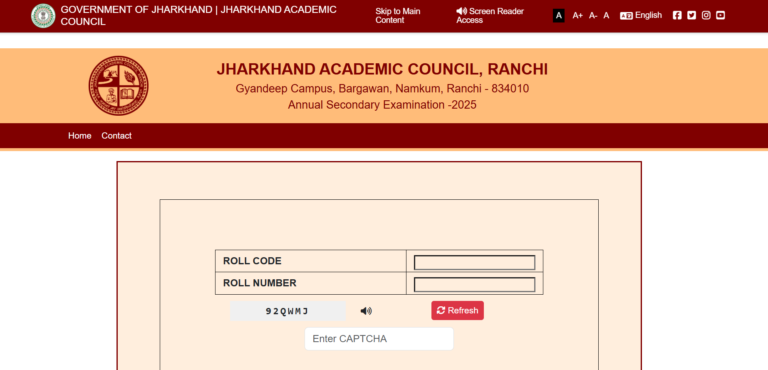
The Waqf Amendment Bill 2025, recently passed in Parliament, has triggered fresh debate around Mukesh Ambani’s Rs 15,000 crore residence Antilia. Will the Ambanis be affected by the Waqf Board’s claim? Here’s everything you need to know.

Antilia Under Scrutiny Again: Waqf Board Sparks Fresh Controversy
The opulent Antilia, home to India’s richest man Mukesh Ambani and his wife Nita Ambani, is once again at the center of public discourse—not for its grandeur, but for a legal and religious land claim.
According to viral social media clips and resurfaced statements by leaders like Arvind Kejriwal and Asaduddin Owaisi, the land on which Antilia stands was originally Waqf property. These claims have gained new traction following the passage of the Waqf Amendment Bill 2025 by both Lok Sabha and Rajya Sabha.
What is the Waqf Amendment Bill 2025?
The Waqf (Amendment) Bill 2025 is aimed at overhauling the Waqf Act of 1995. The changes seek to:
- Strengthen the governance and transparency of Waqf Boards.
- Mandate digital registration of all Waqf properties.
- Introduce provisions for dispute resolution over land ownership involving Waqf properties.
- Allow state governments to appoint non-Muslims to the Waqf Boards—a clause that has sparked strong political and community reactions.
This amendment has passed both Houses of Parliament and is now awaiting President Droupadi Murmu’s assent to become law.
Was Antilia Built on Waqf Land?
According to AI tool Grok and various archived media reports, the land on which Antilia is constructed originally belonged to a Muslim orphanage trust and was reportedly sold in 2002. At that time, the trust allegedly transferred the land to a private entity, raising concerns and criticism from several quarters, including activists and political leaders.
Now, with the Waqf Amendment Bill bringing stricter scrutiny to Waqf land transactions and disputes, questions arise:
- Can past land transfers be re-examined?
- Could Antilia come under legal review if the land is deemed Waqf property?
- What legal standing does the Waqf Board have in such cases?
What Legal Experts Say
Legal experts believe that if the land transfer followed due legal process, including approvals and registry, then it’s unlikely that any retroactive action can be taken against the Ambanis. However, the new Bill introduces more power to District Collectors and State Boards to review disputed claims, potentially opening the door to renewed legal battles.
Political & Social Reactions
The debate has become political, with critics claiming that the government is using the Waqf Amendment to target minority institutions, while others say it’s a move towards transparency and accountability in religious endowment management.
Meanwhile, the viral nature of the Ambani-Antilia angle has led to increased public interest and speculation online, though the family has not made any official statement.
Bottom Line
The claim that Antilia sits on Waqf land may not be new, but the timing of the Waqf Amendment Bill 2025 has reignited this debate. While it’s unlikely that Mukesh Ambani will have to vacate his iconic residence, the episode highlights the sensitive nature of land ownership in India—particularly when linked to religious trusts and high-profile personalities.
The upcoming presidential assent will determine the Bill’s fate, and possibly, the direction of many such disputed land matters in the future.




